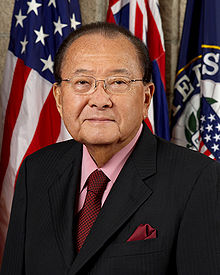 |
| Of course, This does not apply to Home Schooling Moms or Dads! |
The Final Exam is now posted on ENGRADE and here on the blog. Remember this is is an OPEN BOOK exam. Questions come from your class handouts, homework assignments, items on our blog site and any articles distributed in class or noted on your handouts. You may ask your parents for advice and help if needed but work apart from other members of the class including your siblings.
The EXAM is to be finished and turned in for grading no later than Saturday, January 12, 2013. Your exam, any ungraded homework and final grades will be returned to you later in January 2013. As I grade your ungraded homework and final exam, I will post grades on ENGRADE and give periodic updates on the blog as I complete grading. If you have questions, you may send me a message via E-mail , Engrade or simply clicking on "No Comments" at the end of this post. And there is always the old fashioned phone call @ 275-4029. Sorry but I'm not into texting yet.

MAY YOU AND YOUR FAMILY HAVE A VERY BLESSED NEW YEAR AND MAY THIS OLD IRISH BLESSING BRING FAVOR ON YOU AND YOUR FAMILY.
May you always have work for your hands to do
May your pockets hold always a coin or two
May the sun shine bright on your windowpane
May the rainbow be certain to follow each rain
May the hand of a friend always be near you
And may God fill your heart with gladness to cheer you.
May your pockets hold always a coin or two
May the sun shine bright on your windowpane
May the rainbow be certain to follow each rain
May the hand of a friend always be near you
And may God fill your heart with gladness to cheer you.



